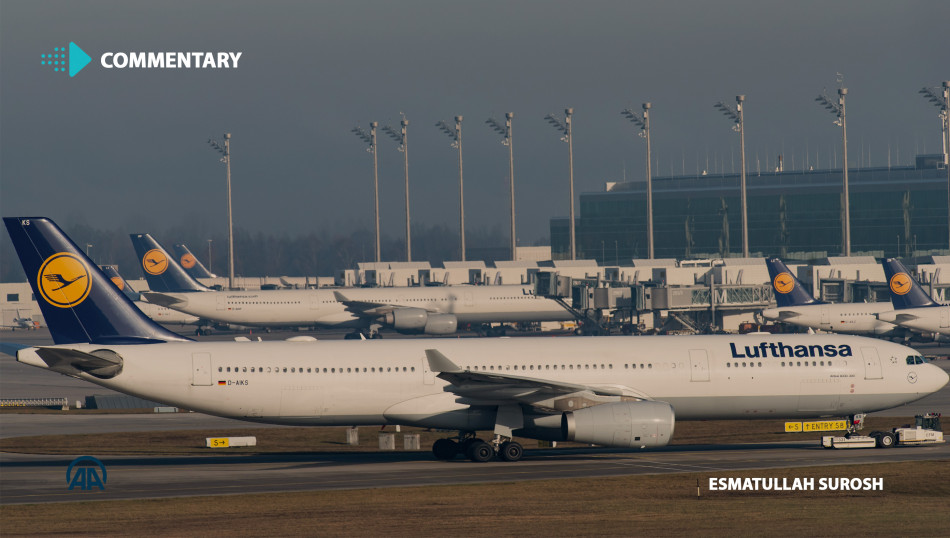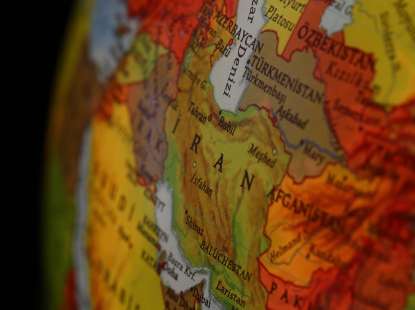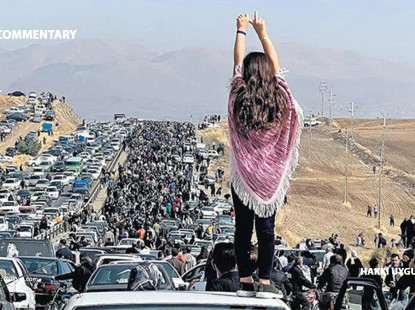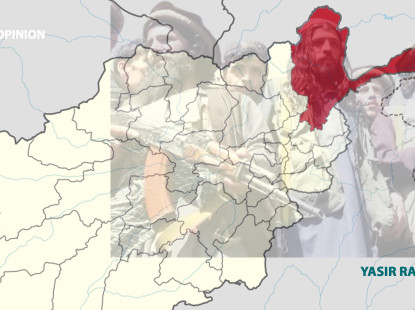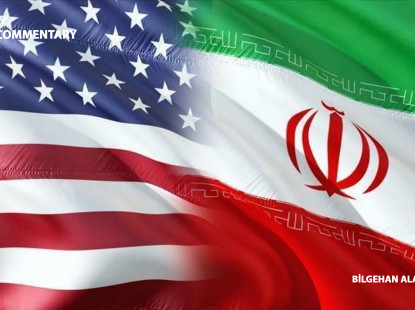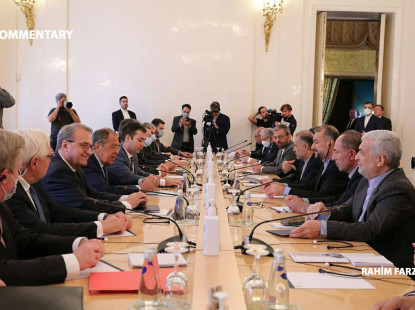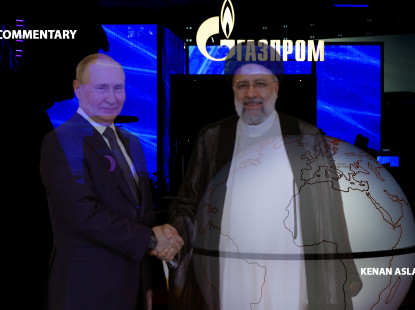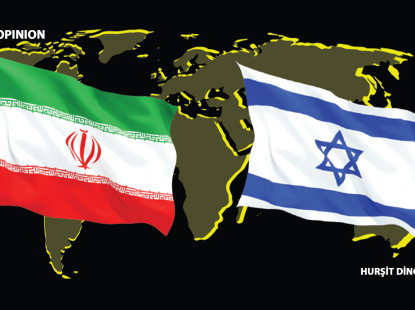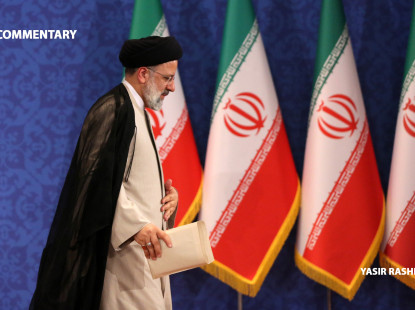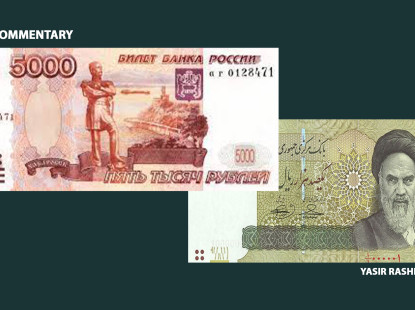You can change the font size of the text by pressing the + and - buttons.
The European Aviation Safety Agency’s Warning towards the Iranian Airspace
20/07/2020
- On July 16, 2020, the European Aviation Safety Agency (EASA) warned airlines that it would be dangerous to enter into the field of Iranian airspace.
- In the warning its stated that due to the hazardous security situation, and poor coordination between civil aviation and military operations, there is a risk of misidentification of civil aircraft. Due to the presence of various advanced air-defence systems, it is advised to be cautious with the risk associated to civil aviation. It also declared that these specific warnings are valid until January 16, 2021.
- In this context, the intelligence information obtained by the U.S. media indicates that Iran has put portions of its air defense system on "high alert" in recent days.
- According to CNN, the change in the alert status means that the Iranian Surface-to-Air Missile (SAM) batteries would be ready to fire at targets perceived to be a threat.
Background
- On January 3, former commander of the Quds Force, Qassim Suleimani, was killed by the U.S. Air Force near the Baghdad Airport. In response, Iran launched a missile strike on the Ayn al-Asad air base on January 8, 2020.
- During Iran's retaliatory missile strike, the Iranian airspace was not closed to civilian flights and the Ukraine International Airlines Flight PS752 which was carring 176 passengers was shot down by the Iranian SAM shortly after its take-off.
- The Iranian authorities hid the cause of the incident from the public for three days. After three days they announced that the plane had been shot down by the SAM's fire but they didn't allow the black boxes to be examined for further investigations.
- The families of those killed on the Ukrainian plane launched a petition titled "Iranian airspace isn't safe," urging European airlines to avoid the field of Iranian airspace.
- Recently subsequent explosions have occurred in Iran, particularly in the Natanz Nuclear Facility area. Israel is widely reported to have been behind the explosions in these sensitive nuclear and military sites. Iran, which is on high alert for possible attacks, has started to redeploy its outdated HQ-2 and S-200 SAMs into its integrated air defense force.

A video circulating in persian social media indicates that Iranian military is redeploying outdated SAMs near Natanz Nuclear Facility
- Iran Airport Company (IAC) on June 20, stated that it would provide a 20% discount to companies using the Iranian airspace. The same statement highlighted that the use of the Iranian airspace decreased by 85% when compared to last year’s statistics, due to the COVID-19 restrictions.

Iranian air traffic based on www.flightradar24.com's data on July 20, 2020.
Assessment
- It is increasingly becoming apparent that Israel has used cruise missiles/drones in its attack on the Natanz nuclear facility, which makes it clear that Iran lacks the capability to protect its airspace.
- Considering that a. the outdated SAMs lack the precision in distinguishing civilian and military targets b. Iranian system operators have not undergone the necessary training, and c. the mistake rates increase in the high alert situation; it is possible to conclude that the civilian aircrafts entering the Iranian airspace arena may face serious threats.
- The coordinated campaign by the families of the victims killed in the Ukrainian plane crash represents another important point in the context of this issue. The self-organized action of these families and the influence of this civil campaign on the increasing pressure on Iran by the international community will encourage the Iranian opposition abroad to take similar initiatives.
- Finally, the EASA warning could lead Iran, which is already suffering economic blockade, into isolation in the aviation sector as well. This will further undermine Iran's international influence and make the fight it is waging on various fronts even more difficult to implement.
- Tags:
- Iran
- Civil Aviation
- Europe
- SAM
